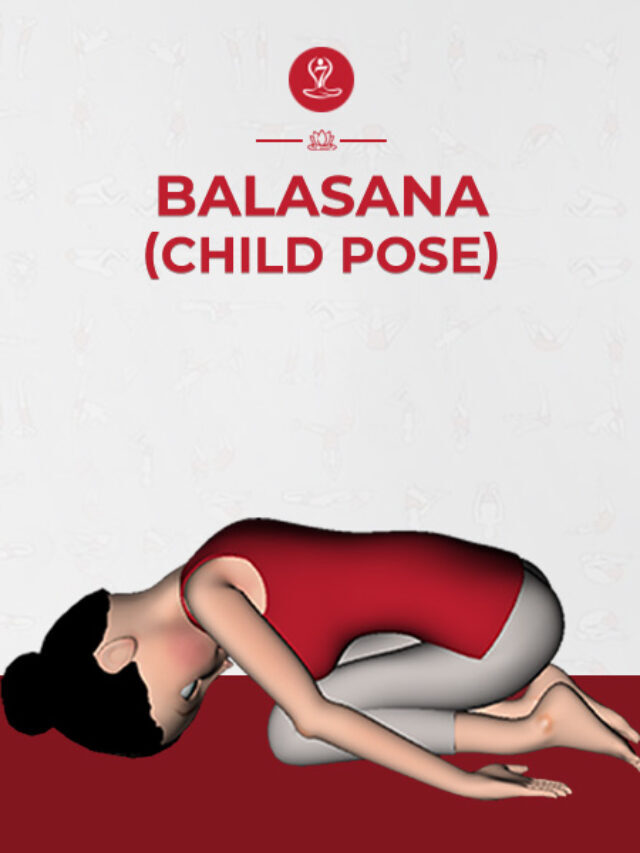Psoriasis is a chronic autoimmune skin condition that causes the rapid buildup of skin cells. The extra skin cells form scales and red patches that are often itchy and sometimes painful. Psoriasis can occur on any part of the body, but it is most commonly found on the elbows, knees, scalp, and lower back. It is a non-contagious condition that affects approximately 2-3% of the world’s population.
Read Also: How to get better sleep at night?
Psoriasis is believed to be caused by a combination of genetic, environmental, and immune system factors. There is no cure for psoriasis, but there are various treatments available that can help manage the symptoms and improve the quality of life for those affected by the condition.
Here are some Ayurvedic remedies for psoriasis:
Neem
Neem is a powerful herb with anti-inflammatory and antifungal properties. Applying neem oil or a paste made from neem leaves on the affected areas can help to reduce inflammation, relieve itching, and prevent the growth of bacteria and fungi. Neem has several properties that make it useful in the treatment of psoriasis. These are as follows:
- Anti-inflammatory: Psoriasis is an inflammatory skin condition, and neem has potent anti-inflammatory properties that can help to reduce inflammation in the affected areas. It can also help to relieve itching, redness, and scaling associated with psoriasis.
- Antifungal and antibacterial: Psoriasis can be exacerbated by secondary infections caused by fungi or bacteria. Neem has antifungal and antibacterial properties that can help to prevent and treat these infections.
- Antioxidant: Psoriasis is associated with oxidative stress, which can damage skin cells and worsen psoriasis symptoms. Neem has antioxidant properties that can help to neutralize free radicals and protect skin cells from oxidative damage.
Overall, neem can help to reduce inflammation, relieve itching, prevent and treat secondary infections, regulate the immune system, moisturize the skin, and protect skin cells from oxidative damage. It can be used topically as a neem oil, neem cream, or neem paste applied to the affected areas or taken orally in the form of neem supplements or neem tea.
Read also: Habits to Quit right now and 3 Habits to Stay Strong in Hard Times!
Turmeric
Turmeric has anti-inflammatory and antioxidant properties that make it a useful remedy for psoriasis. Drinking turmeric milk or applying a paste made from turmeric powder and water on the affected areas can help to reduce inflammation and relieve itching.
Here’s how turmeric can help treat psoriasis:
- Anti-inflammatory: Psoriasis is an inflammatory skin condition, and turmeric has potent anti-inflammatory properties that can help to reduce inflammation in the affected areas. It can also help to relieve itching, redness, and scaling associated with psoriasis.
Immune-modulating: Psoriasis is caused by an overactive immune system, and turmeric has immune-modulating properties that can help to regulate the immune system and prevent it from attacking healthy skin cells.
- Skin regenerating: Turmeric has been found to stimulate the growth of new skin cells, which can help to replace the damaged skin cells that are a hallmark of psoriasis.
Turmeric can be used topically as a paste made by mixing turmeric powder with water or coconut oil and applied to the affected areas. It can also be taken orally in the form of turmeric supplements or turmeric milk. However, it is important to consult with a qualified healthcare practitioner before using turmeric for the treatment of psoriasis, especially if you are taking any medications or have any medical conditions.
Read also:10 Ways to Manage Stress?
Aloe vera:
Aloe vera has soothing and moisturizing properties that can help to reduce the dryness and scaling associated with psoriasis. Applying aloe vera gel or a cream containing aloe vera on the affected areas can help to relieve itching and promote healing. It has several properties that make it useful in the treatment of psoriasis:
- Moisturizing: Psoriasis can cause dryness and scaling of the skin. Aloe vera has moisturizing properties that can help to hydrate the skin and reduce the appearance of scales.
- Wound healing: Aloe vera has been found to promote wound healing, which can help to speed up the healing process of psoriasis lesions.
- Antimicrobial: Psoriasis can be exacerbated by secondary infections caused by bacteria or fungi. Aloe vera has antimicrobial properties that can help to prevent and treat these infections.
Aloe vera can be used topically as a gel or cream applied to the affected areas. It can also be taken orally in the form of aloe vera supplements or aloe vera juice. However, it is important to consult with a qualified healthcare practitioner before using aloe vera for the treatment of psoriasis, especially if you are taking any medications or have any medical conditions.
Guggulu
Guggulu is a resin obtained from the bark of the guggul tree, which has anti-inflammatory and immune-modulating properties. Taking guggulu supplements or applying guggulu oil on the affected areas can help to reduce inflammation and improve the skin’s appearance.
- Detoxifying: Guggulu has detoxifying properties that can help to eliminate toxins from the body. Psoriasis is often associated with the accumulation of toxins in the body, and Guggulu can help to reduce the toxin load and prevent the development of psoriasis.
- Immune-modulating: Psoriasis is caused by an overactive immune system, and Guggulu has immune-modulating properties that can help to regulate the immune system and prevent it from attacking healthy skin cells.
- Antioxidant: Psoriasis is associated with oxidative stress, which can damage skin cells and worsen psoriasis symptoms. Guggulu has antioxidant properties that can help to neutralize free radicals and protect skin cells from oxidative damage.
Guggulu can be taken orally in the form of Guggulu supplements or Guggulu churna (powder). However, it is important to consult with a qualified healthcare practitioner before using Guggulu for the treatment of psoriasis, especially if you are taking any medications or have any medical conditions.
Panchakarma
Panchakarma is a detoxification procedure that involves massage, herbal steam, and cleansing enemas. It can help to eliminate toxins from the body and reduce the severity of psoriasis symptoms.
Panchakarma is an Ayurvedic detoxification and rejuvenation treatment that involves a combination of therapies to cleanse the body and promote overall health and wellness.
Panchakarma can be useful in the treatment of psoriasis for several reasons:
- Detoxification: Psoriasis is often associated with the accumulation of toxins in the body, and panchakarma can help to eliminate these toxins through various therapies like purgation, sweating, and oil massages.
- Stress-reducing: Psoriasis can be exacerbated by stress, and panchakarma includes therapies like meditation and yoga that can help to reduce stress and promote relaxation.
- Nourishing: Psoriasis can cause dryness and scaling of the skin, and panchakarma includes therapies like oil massages and herbal steam baths that can help to nourish and hydrate the skin.
Panchakarma is a complex treatment that should be administered by a qualified Ayurvedic practitioner. The treatment plan is customized for each individual based on their specific needs and condition. It is important to consult with a qualified healthcare practitioner before undergoing panchakarma treatment for the treatment of psoriasis, especially if you are taking any medications or have any medical conditions.
It is important to consult a qualified Ayurvedic practitioner before using these remedies to ensure they are safe and effective for your individual needs. Additionally, Ayurvedic remedies should be used in conjunction with conventional medical treatment for the best results.










